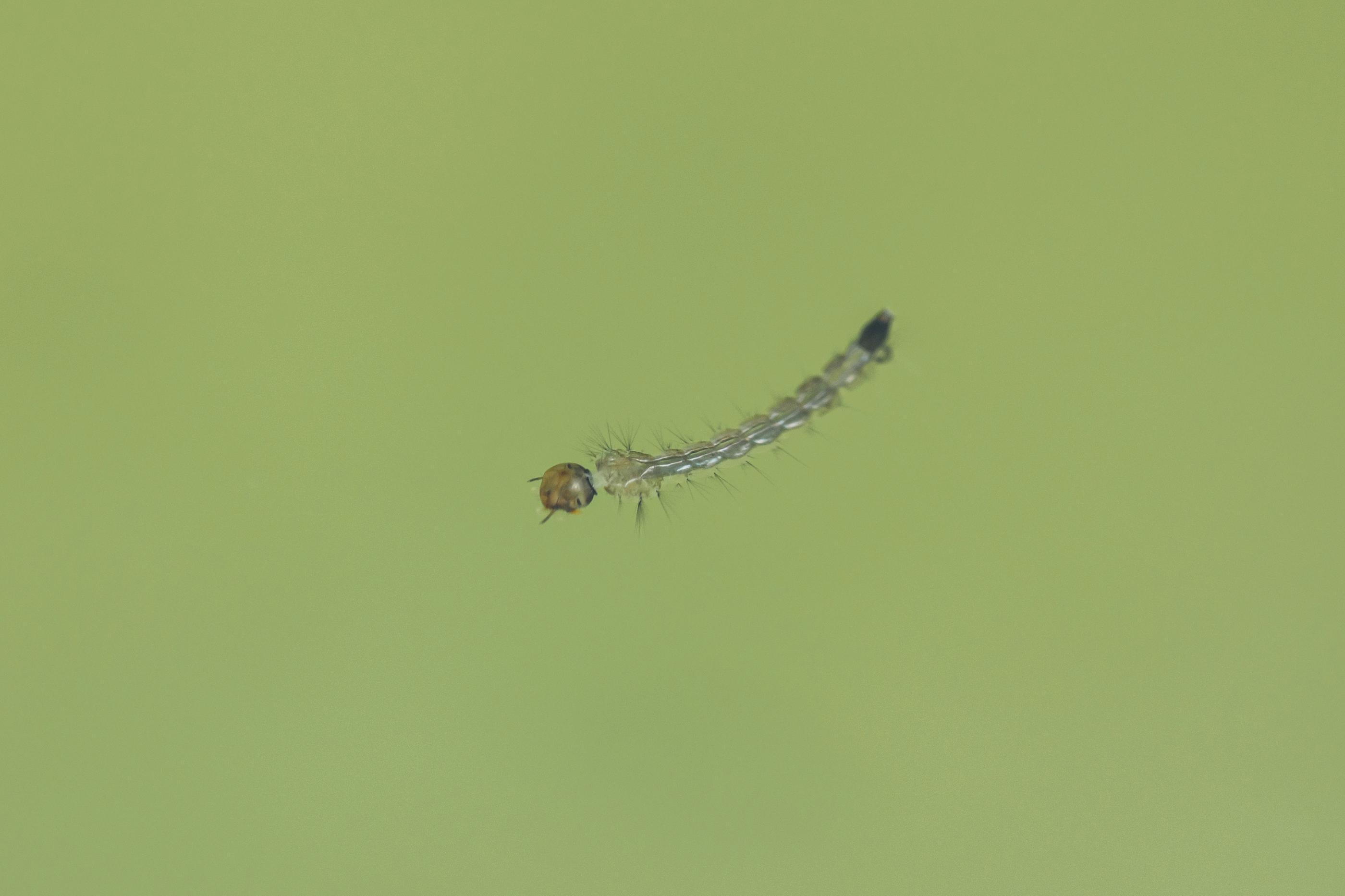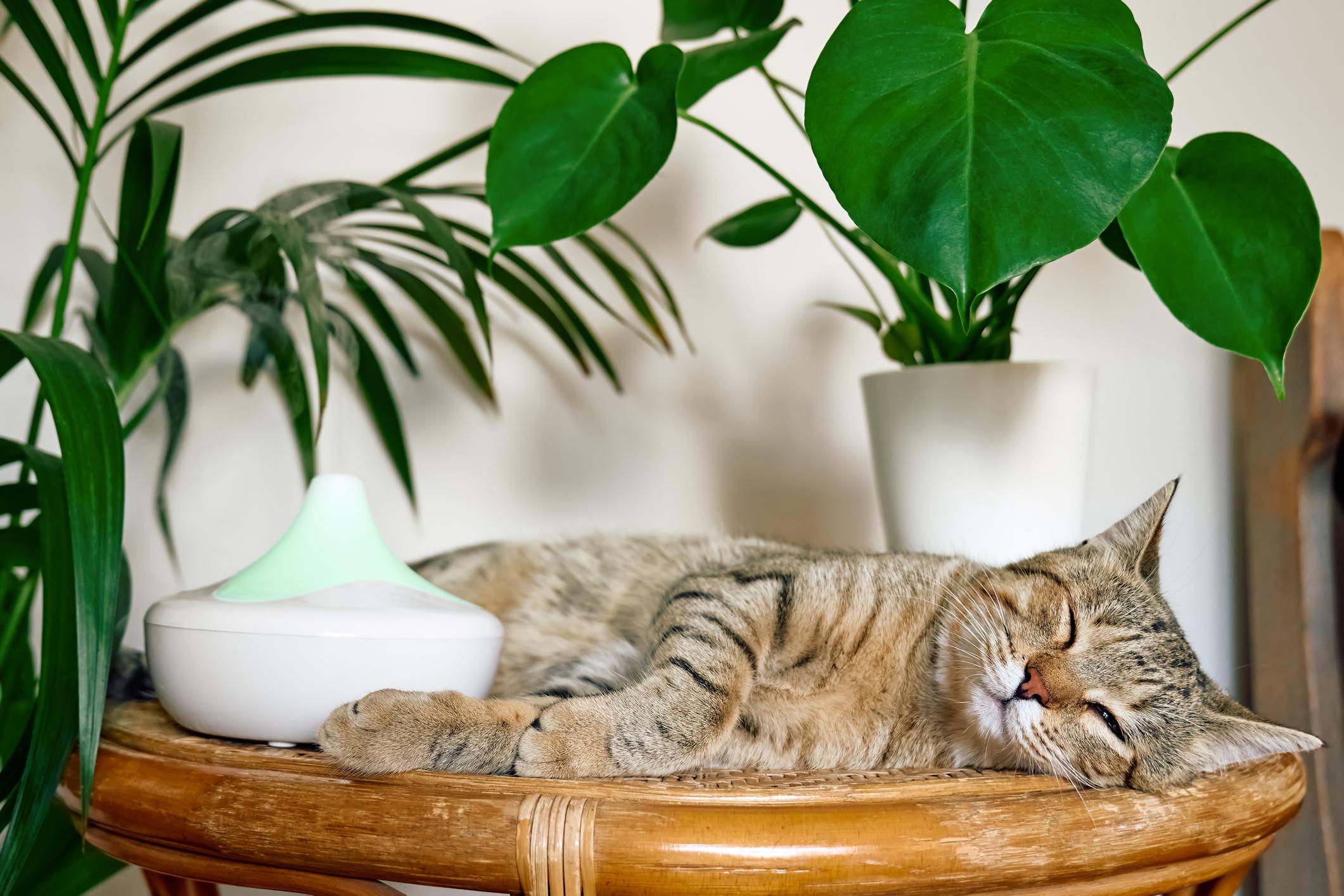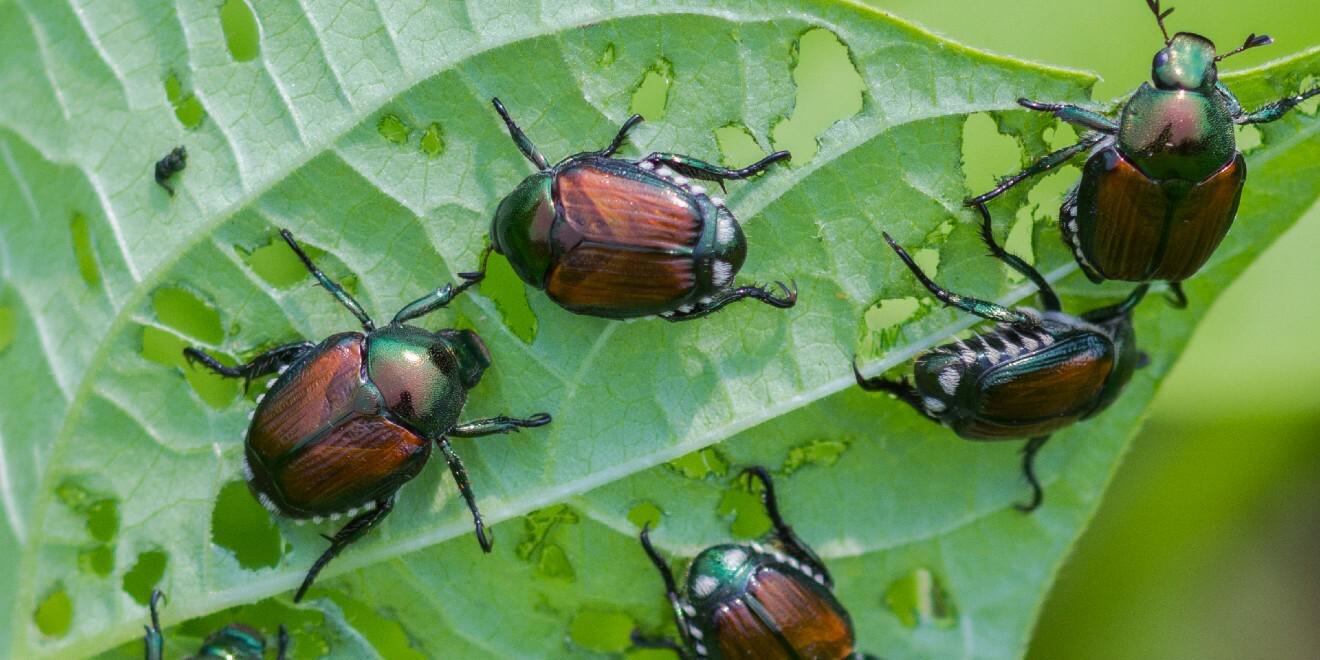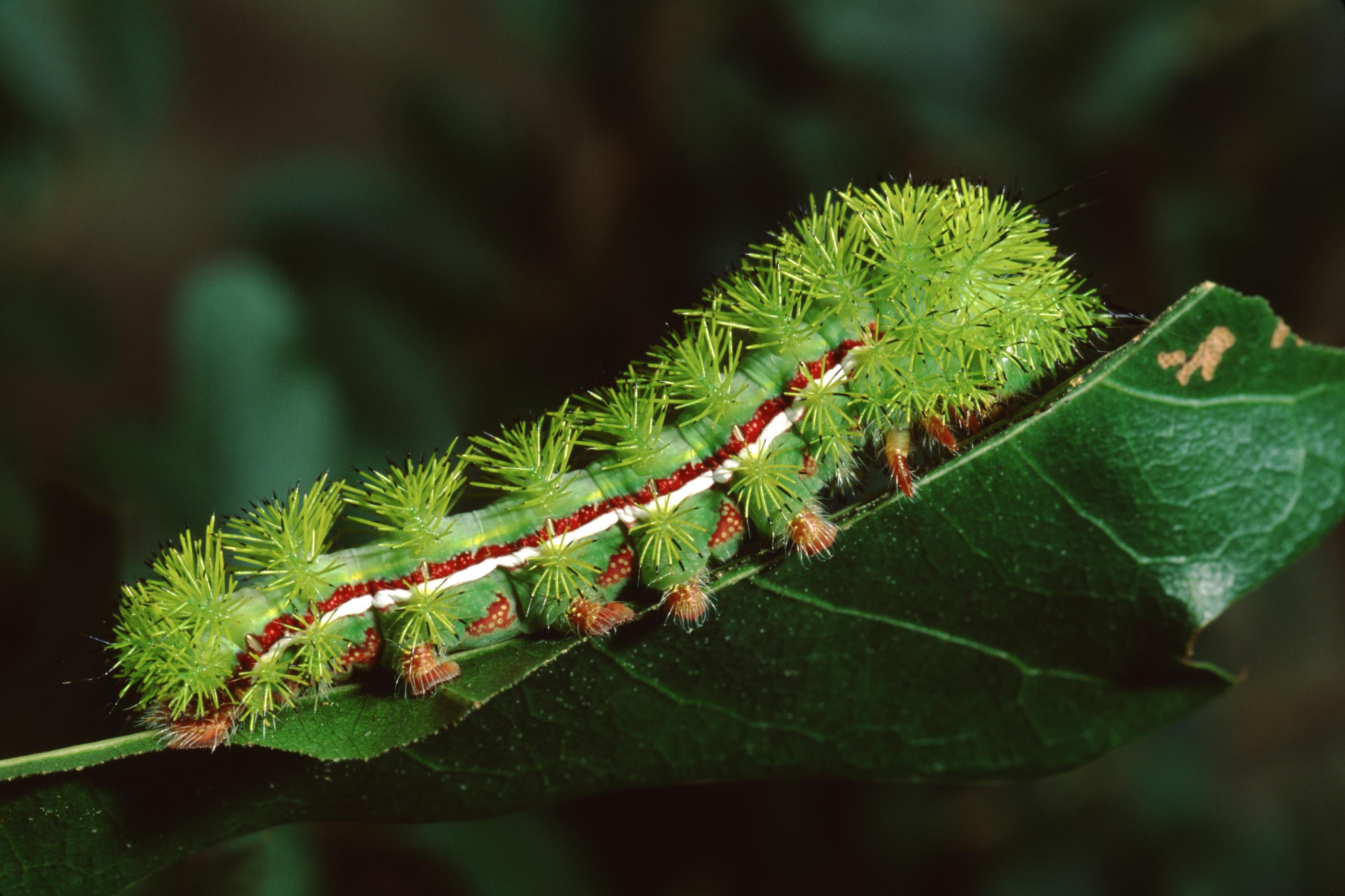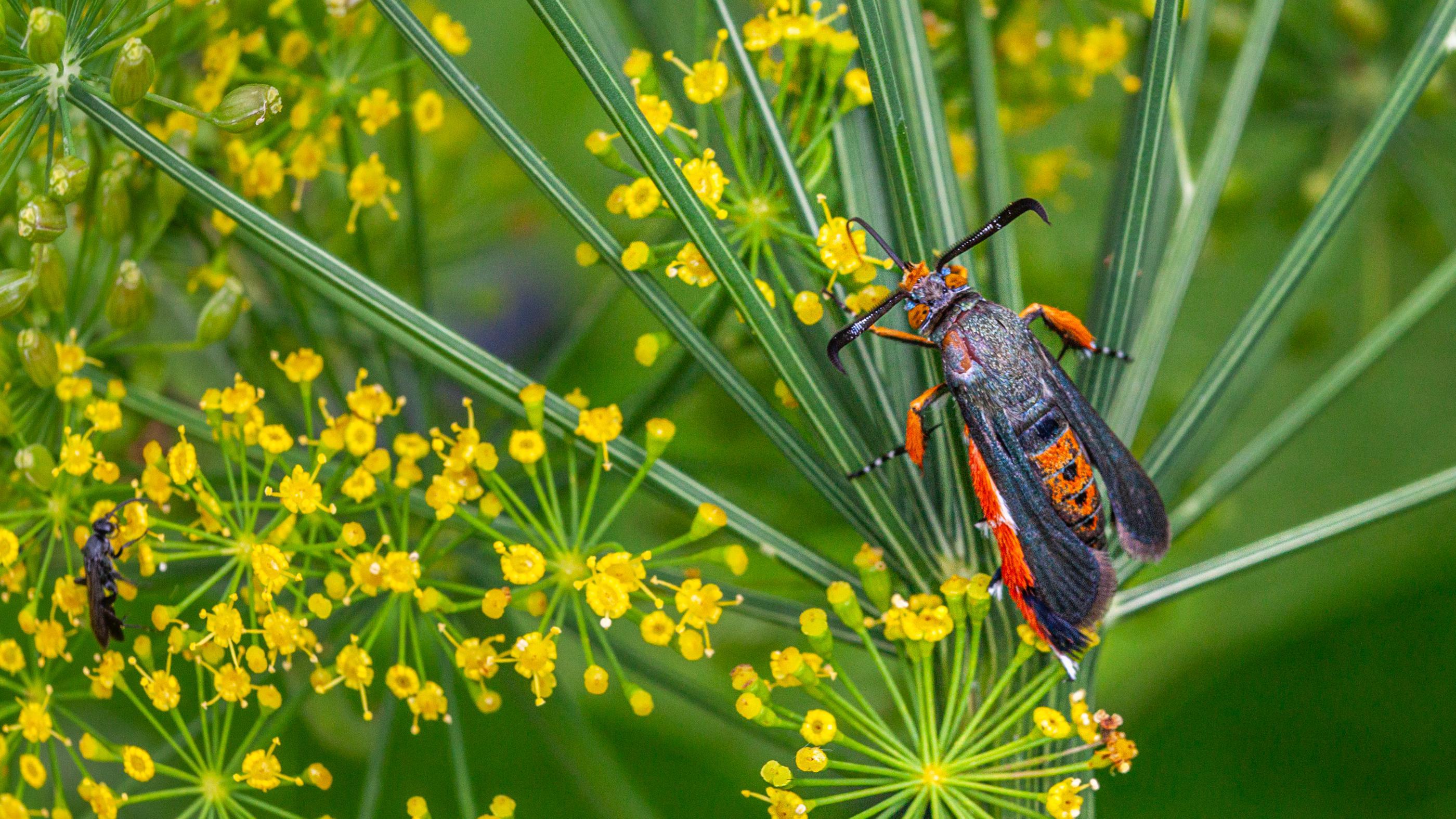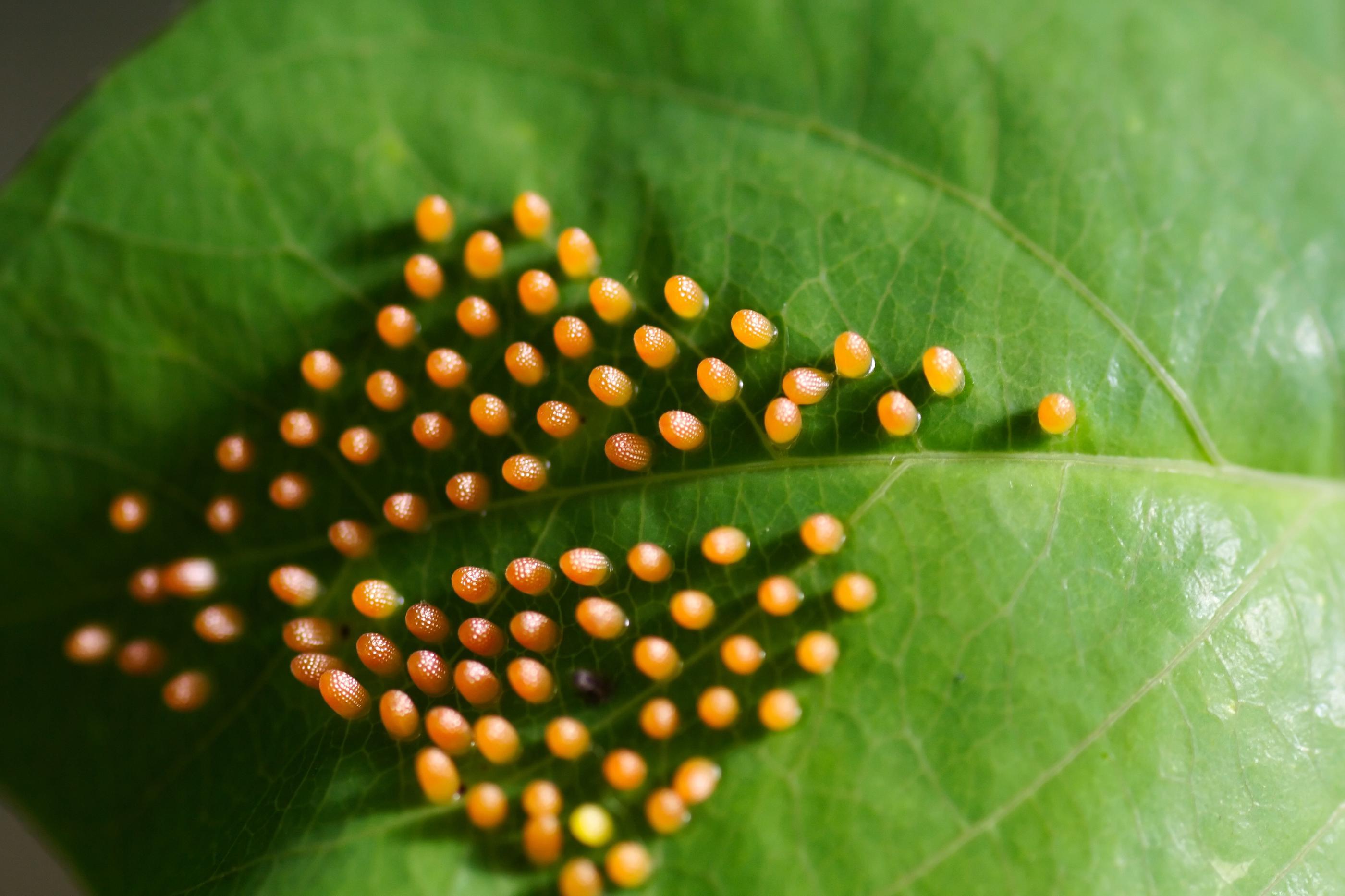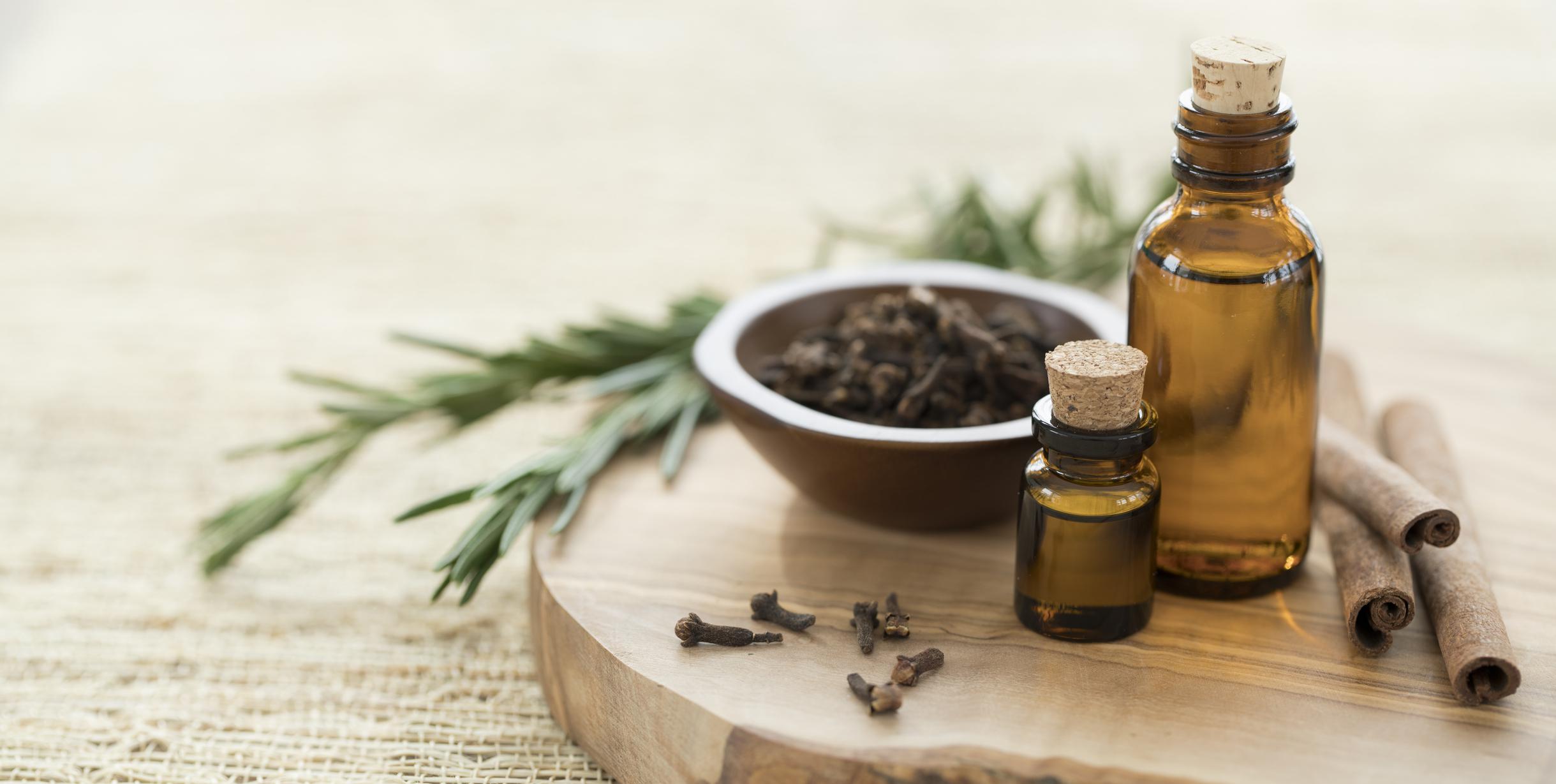An Invasive Mesquite Tree Could Hold the Key to Malaria Control in Mali
Posted by Mosquito Squad
July 13, 2017
Mosquito Squad is proud to be actively working with Malaria No More in an effort to eradicate Malaria from the Earth. Malaria is a mosquito-borne parasite that kills nearly half a million people each year. The disease is especially dangerous to children, killing a child every two minutes. With the goal to eradicate Malaria by 2040, we are constantly watching what researchers are up to, as new ideas emerge every day.
When it comes to eradicating a mosquito-borne disease, the most natural place to start is eliminating the vector of the disease, in this case, the Anopheles mosquito. While mosquito source elimination has often been a tactic centered on the removal of standing water, a new idea focuses on the elimination of a mosquito attracting plant.
Removing a Mosquito Attracting Mesquite Tree Could Reduce Malaria Risks
An invasive mesquite tree called Prosopis juliflora is abundant in Mali villages. It thrives even during droughts while other local plant species are not in bloom. The trees’ flowers provide plenty of nectar for mosquitoes to feast on in addition to their blood meals. While only females eat blood, they do also drink nectar from flowers.
“Mosquitoes obtain most of their energy needs from plant sugars taken from the nectar of flowers,” Gunter Muller, a biologist from Hebrew University Hadassah Medical School said.
Muller and his team of biologists were suspicious that the flowers were attracting Malaria-spreading mosquitoes and helping them thrive, but they could only confirm that with a bit of research. PBS reported on their findings. After collecting mosquito samples from villages with and without the mesquite trees. Those with the trees had 4-7 times more sugar-fed mosquitoes than those without the trees. Those with the trees also had about six times more older female mosquitoes, those who are more likely to transmit Malaria.
To further confirm the tree as the source of this increase, they went back and cut the flowering branches from trees in three of the villages. When they sampled the mosquito population afterward, they discovered female mosquito populations dropped five-fold, the male mosquito population fell by eight-fold, and the older female mosquito population plummeted by three-fold.
Mosquito Nets
The two tools for Malaria control with current widespread acceptance include treated mosquito nets and indoor residual mist. The positive benefits of large-scale removal of these mesquite trees sound promising but will require a lot of questions to be answered around the full scope of the tactic including costs.
At Mosquito Squad of the Twin Cities, we are hopeful that Malaria can be eradicated. With your help through Malaria No More we are working to provide mosquito nets and educational material to the people of Cameroon to lower their risks for Malaria.

